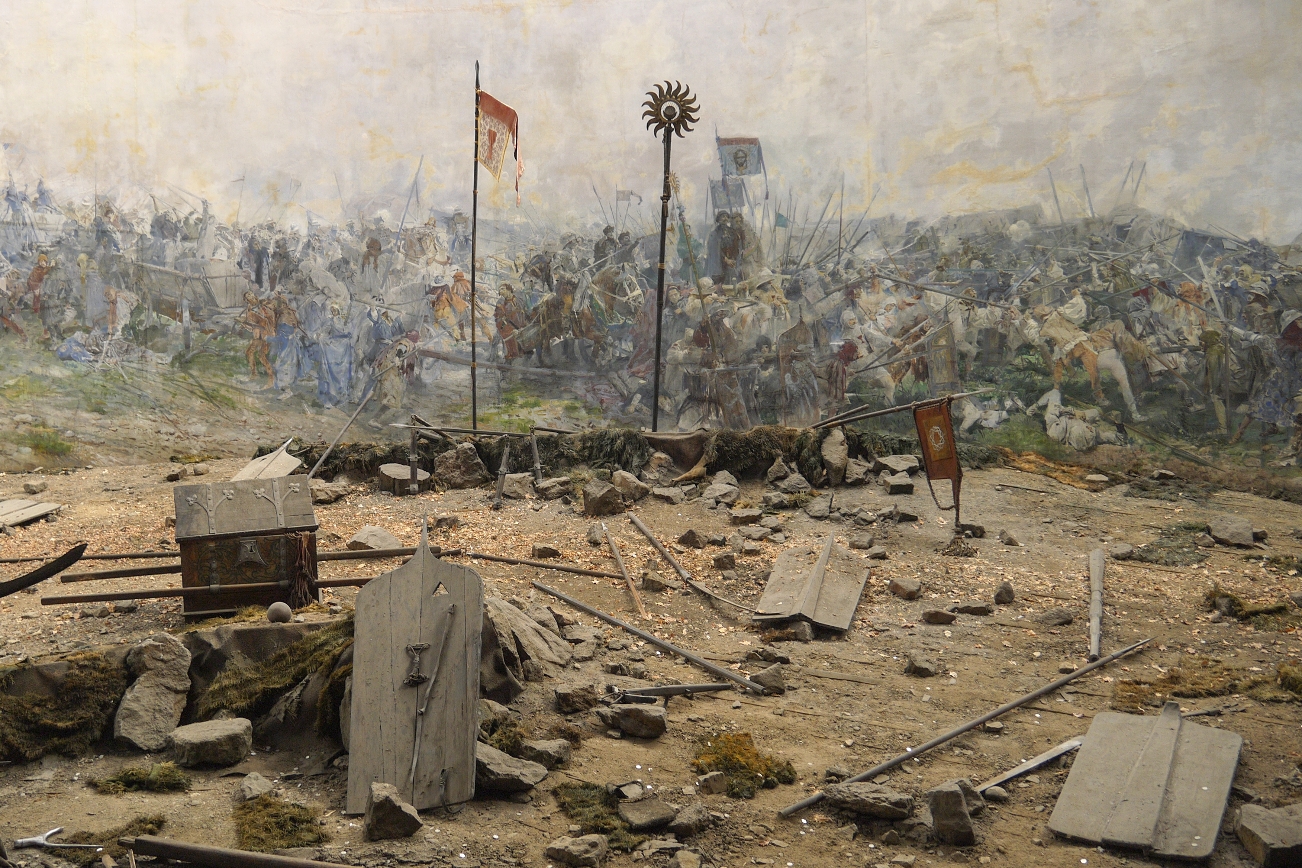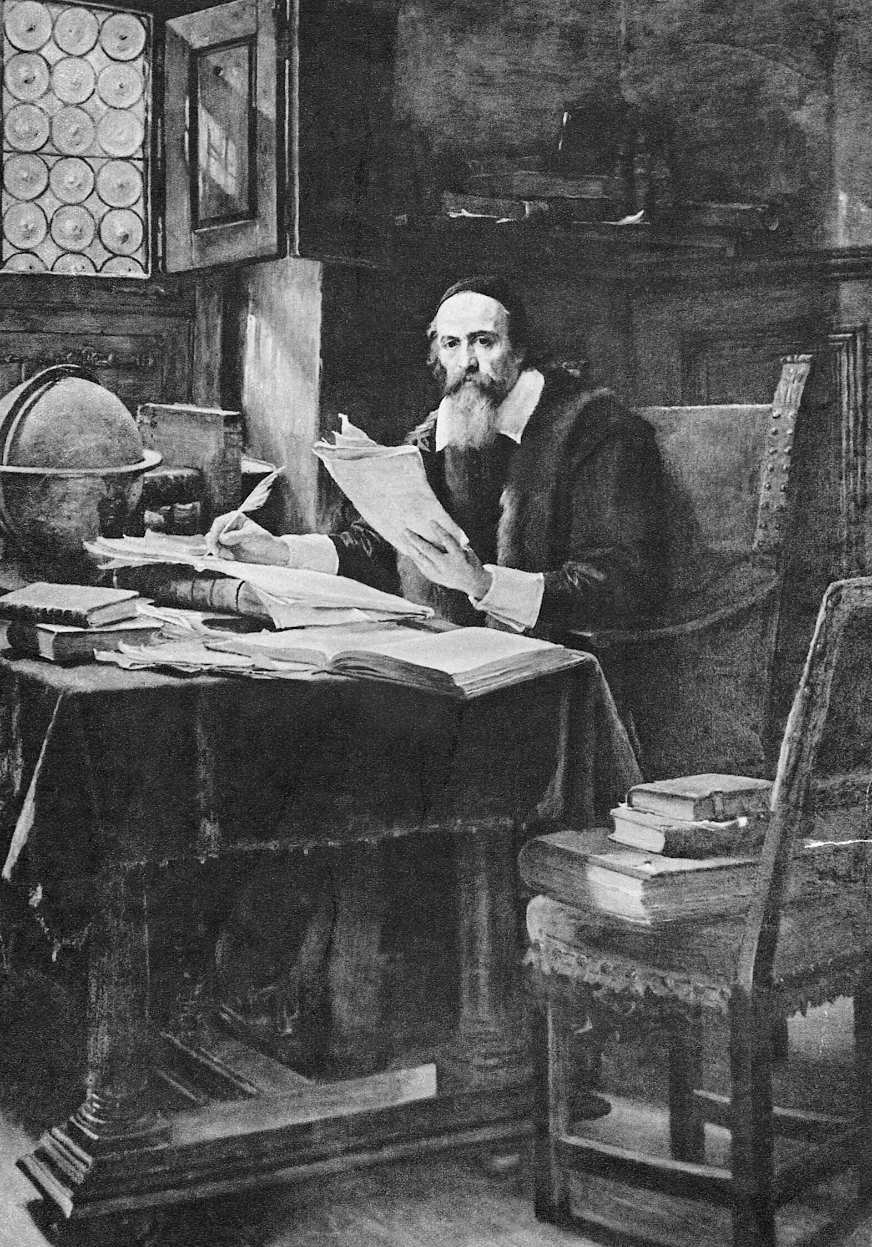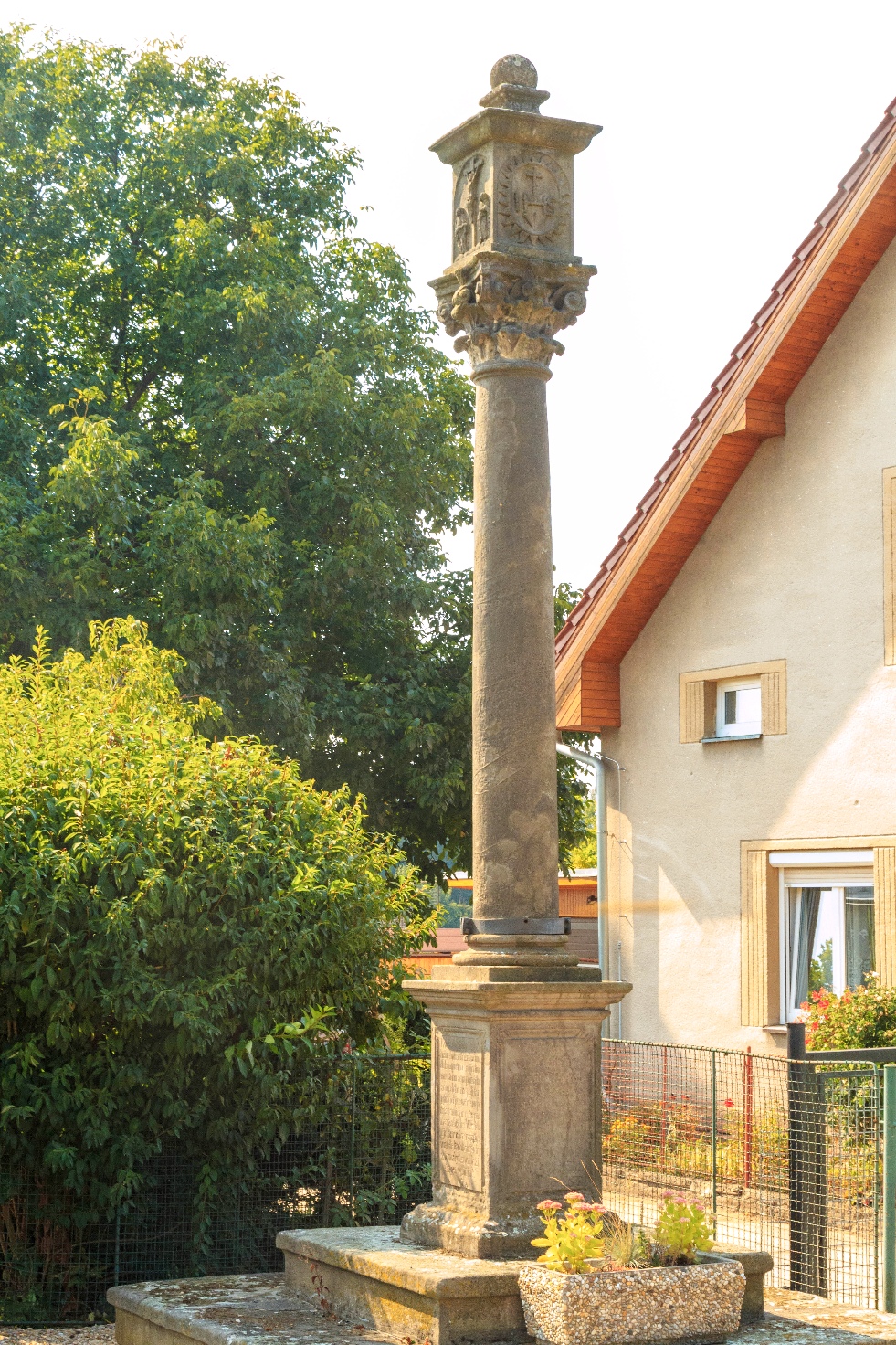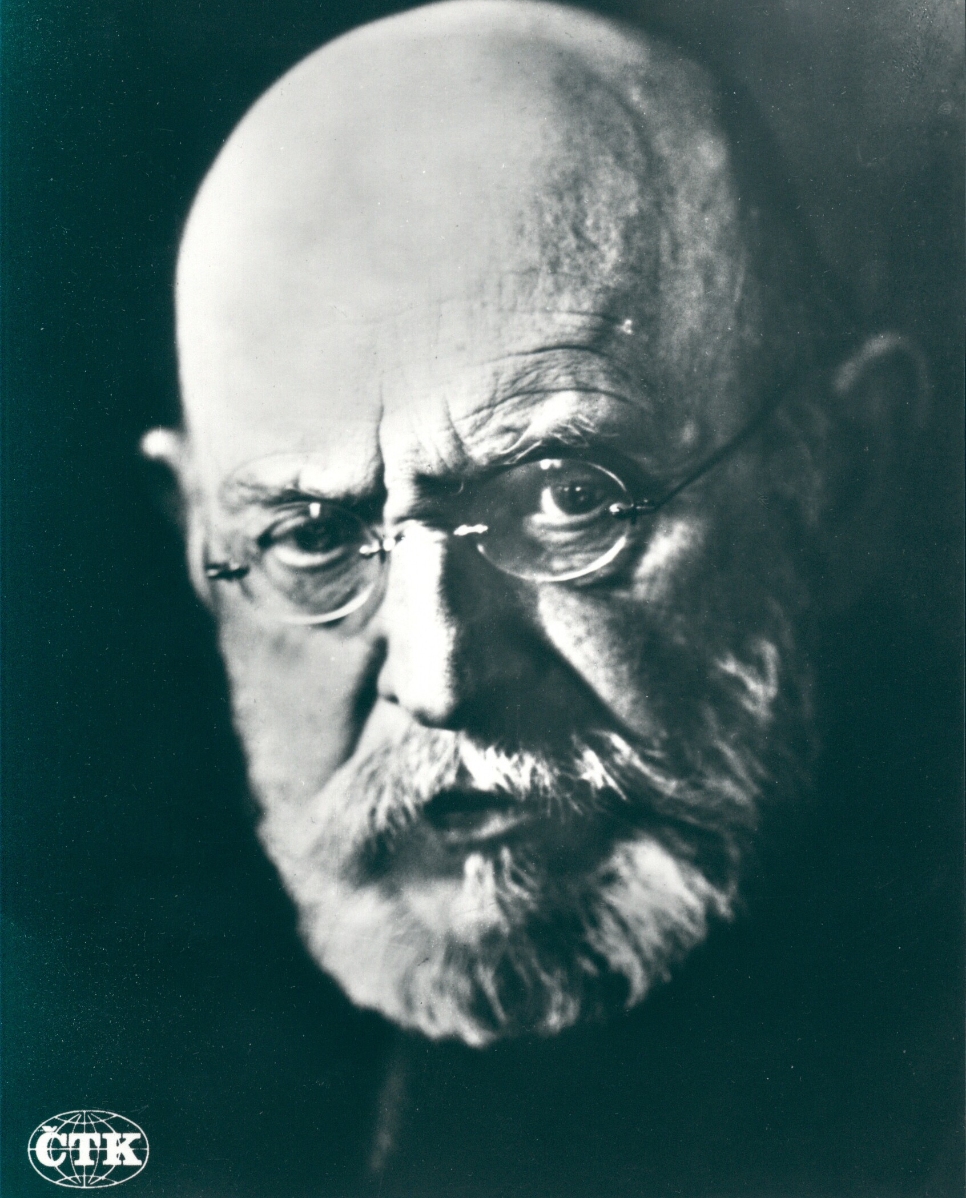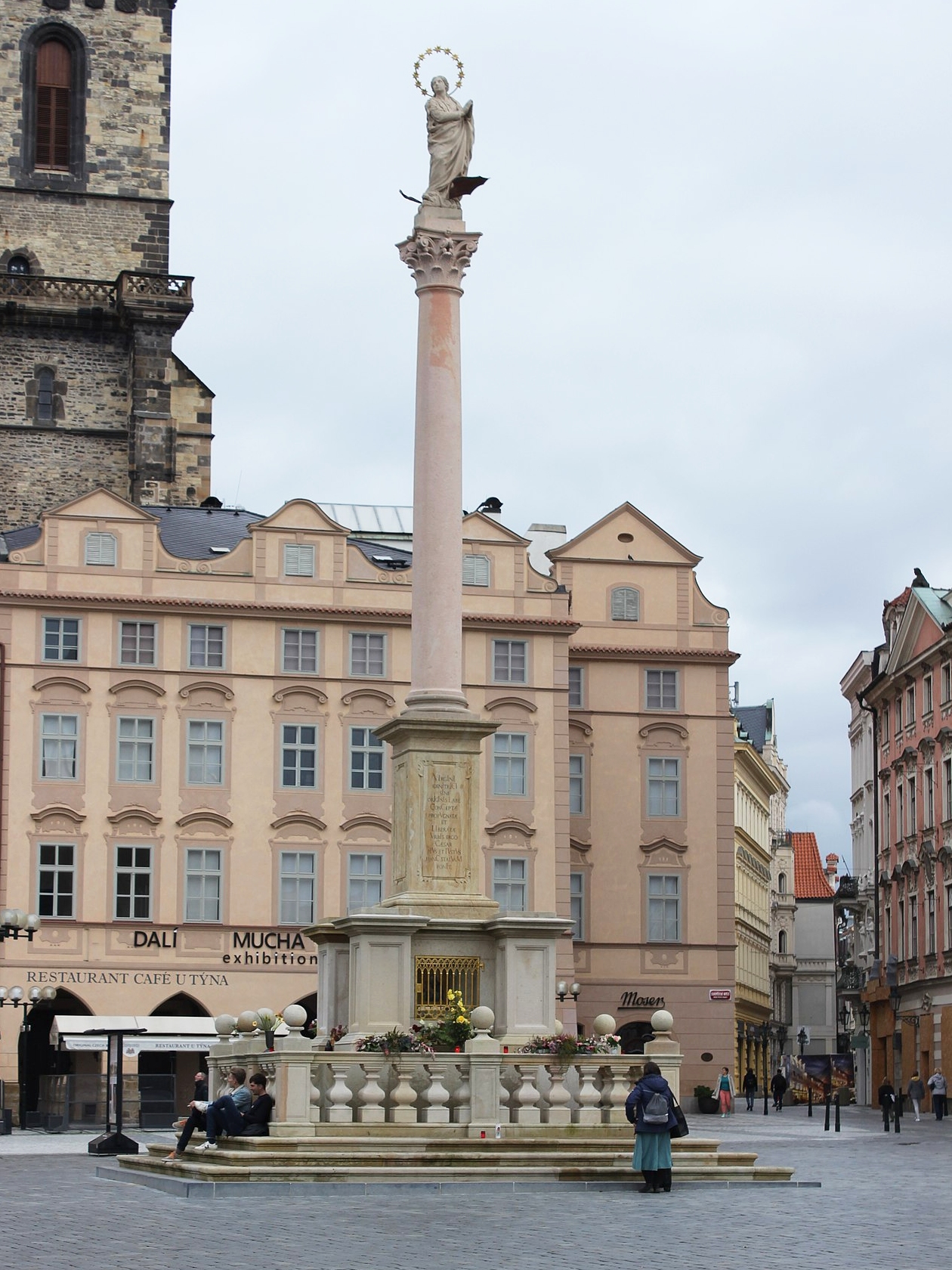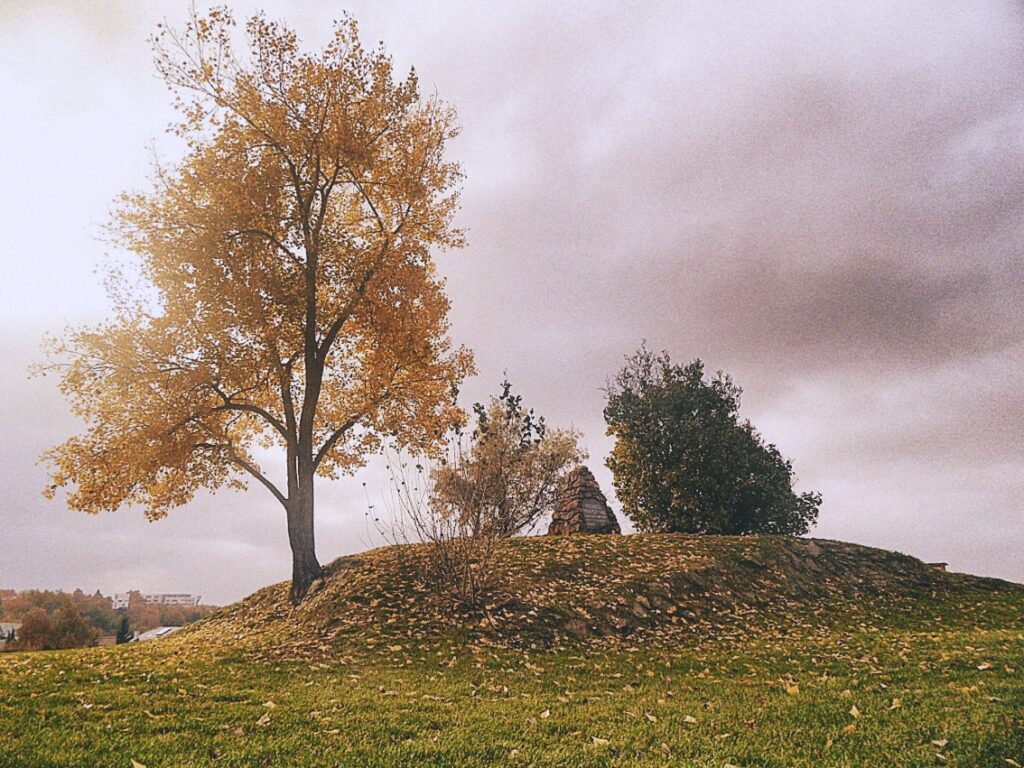
The myth of White Mountain defeat – Bílá hora, Prague
Czech figure of the „The myth of national disaster” topic
The two-hour long skirmish that took place on November 8, 1620, settled within history textbooks as the Battle of White Mountain, assumed an extraordinary place within modern Czech memory. Since the second half of the 19th century, White Mountain has been perceived in Czech culture as a disaster followed by an era of darkness or the prolonged period of decline of the Czech nation, of violent recatholicization and the Germanisation of the Czech lands. Both academic and literary works have ignored that White Mountain did not influence the fate of the nation, but rather the form of governance. The case was whether Bohemia and Moravia would remain a monarchy based on the Estates or whether the influence of Habsburgs reigning from Vienna would prevail and whether the lands would proceed to be bi–confessional: catholic and protestant. Deliberately sidelined was not only the unique Baroque culture which followed but also the fact that, apart from state independence, Czechs, within the Habsburg monarchy, also achieved the political and civil rights monarchy comparable to other European nations.
The devaluation of successes and, conversely, the emphasis on defeats became virtually the centrepiece of the Czech political thought with Czech political representation traditionally justifying their failures on this basis on the international stage. White Mountain was, in fact, not the only instance of a major national defeat. In the 19th century, the Battle of Lipany in 1434, which brought an end to the era of domestic religious wars with the defeat of the radical wing of the Hussites, was included in the imaginary catalogue of famous Czech defeats of earlier Czech history. To the emancipating Czech public, the defeat at Lipany was portrayed as a betrayal of the alleged democratic ideals of the Hussite revolution, in reality, however, this defeat helped to bring an end to the inconclusive conflicts and returned the late medieval Czech society exhausted by two decades of unrest back to the structures of European civilisation.
The tragic interpretation of the Battle of White Mountain played a significant role in the 20th century as well. Coincidentally, Czechoslovakia was founded in the year of a round anniversary of the battle and the birth of the modern state of Czechs and Slovaks was thereby celebrated as the atonement for White Mountain and liberation from the Habsburg “prison of nations”, having lasted for three hundred years. Hence, numerous memorials and commemorative sites established since the 19th century in relation to White Mountain form a crucial part of the cultural landscape of the Czech lands.
Facts


